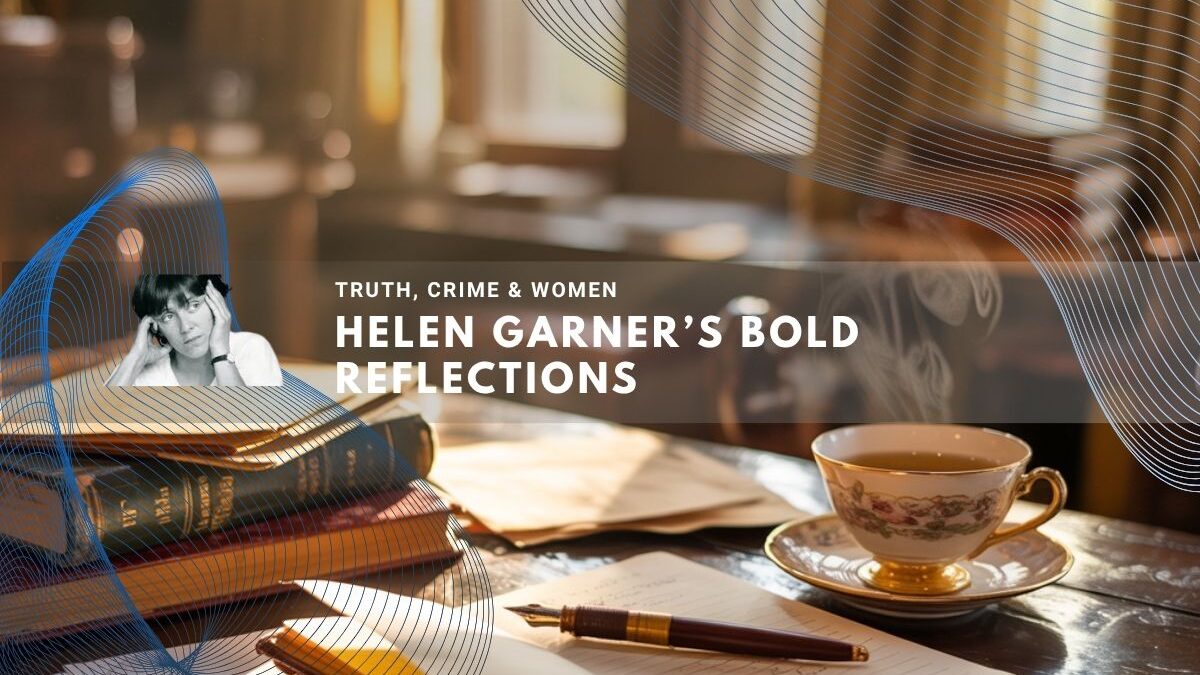Helen Garner wins the 2025 Baillie Gifford Prize for Nonfiction for her book How to End a Story Collected Diaries 1978–1998. Garner wins this prestigious UK literary prize for the first time with a diary collection, marking a significant achievement for the diary as a literary form. Garner wins Baillie Gifford recognition remotely from Melbourne, expressing surprise and gratitude for the award. This win 2025 highlights both her literary legacy and the growing appreciation of diaries in contemporary nonfiction.[1][2]
Prize Details and Judging Process Highlighting Garner’s Unique Contribution
The Baillie Gifford Prize honors outstanding nonfiction books published in English in the UK. Garner’s diaries were chosen unanimously by a panel of six judges from over 350 eligible titles published between November 2024 and October 2025.[2][1]
Robbie Millen, Chair of Judges, praised the work as “remarkable” and “addictive,” elevating the diary form by combining “the intimate, the intellectual, and the everyday” into a captivating narrative. He remarked that Garner’s diaries stand alongside the literary significance of Virginia Woolf’s journals.[1][2]
Other Shortlisted Titles Included:
- The Revolutionists by Jason Burke
- The Boundless Deep by Richard Holmes
- Captives and Companions by Justin Marozzi
- Lone Wolf by Adam Weymouth
- Electric Spark by Frances Wilson.[3][4]
Coverage of Key Themes and Life Periods in Garner’s Diaries
How to End a Story offers an 800-page intimate portrait of two decades in Garner’s life, characterized by:
- The aftermath of her 1977 debut novel Monkey Grip
- The breakdown of her second and third marriages
- A relationship with Australian novelist Murray Bail
- Experiences of motherhood and family life
- Reflections on literary creativity and daily routines
The diaries blend humor, intellectual rigor, and emotional honesty, providing insights into personal struggles and the complexities of women’s lives.[4][2]
Garner’s Legacy and Public Reception in Context
Once criticized in Australia for the autobiographical nature of her work, Garner’s reputation has seen resurgence internationally. Popular figures including Dua Lipa have publicly admired her work, which explores female anger, resilience, and the literary gravity of diaries often written by women. Her win signals evolving attitudes toward nonfiction formats and women’s voices in literature.[5][8][4]
Observations on Garner’s Ongoing Work and Commentary on Literary Importance
Garner wins 2025 for the Baillie Gifford Prize, and she continues to write diaries in her eighties, reflecting candidly on aging and changes in cognition. This wins 2025 baillie recognition underscores her lifelong commitment to the diary as a serious literary form rather than private venting, emphasizing its creative and intellectual significance.[4]
